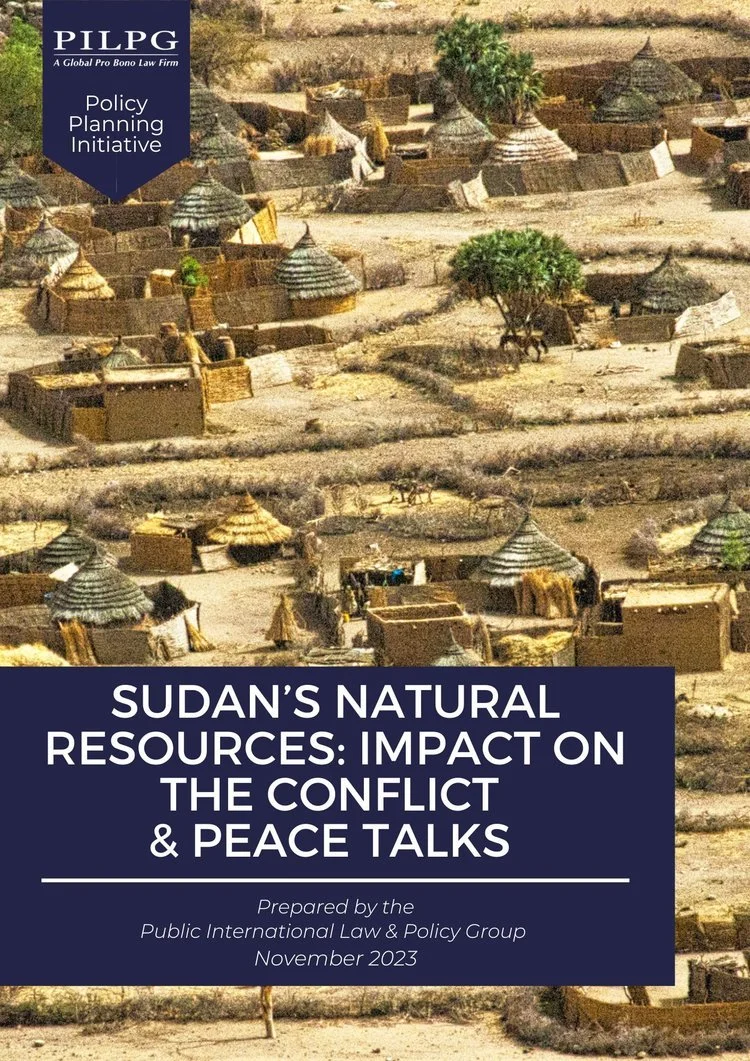Decentralization and Federalism
In addition to its engagement in past Sudanese peace processes and the current Sudanese context, PILPG has 30 years of experience training civilians, civil society, and other parties on the substance and skills needed to most effectively represent their delegation’s interests in an international peace negotiation. This page offers resources on power-sharing options between the central government and regional/state/local governments, as well as information on the question of natural resources in Sudan. Click on the words below to jump to the section.
Background Reading
This section offers background reading providing information on state and governance structures, power and wealth sharing, background on how the topic of natural resources has been approached in past peace negotiations, and analysis on the role of natural resources in the current Sudanese peace process.
Coming Soon:
Expert Insights
The following conversations take a Q&A format where PILPG experts answer questions posed by Sudanese civilians fundamental questions regarding the negotiation of state and governance matters during the upcoming Sudanese peace process.
Arabic
Arabic
English
English
Interactive Tools and Resources
The following decision tree, available in English and Arabic, outlines the decisions that need to be made in order to determine wealth sharing between the central and local governments in Sudan. The negotiation simulations offer opportunities to put the knowledge acquired from this page on government power-sharing to the test. While the contexts explored in these simulations are not identical to Sudan, conducting such exercises will allow delegates to develop the skills necessary to successfully negotiate a power-sharing arrangement.















